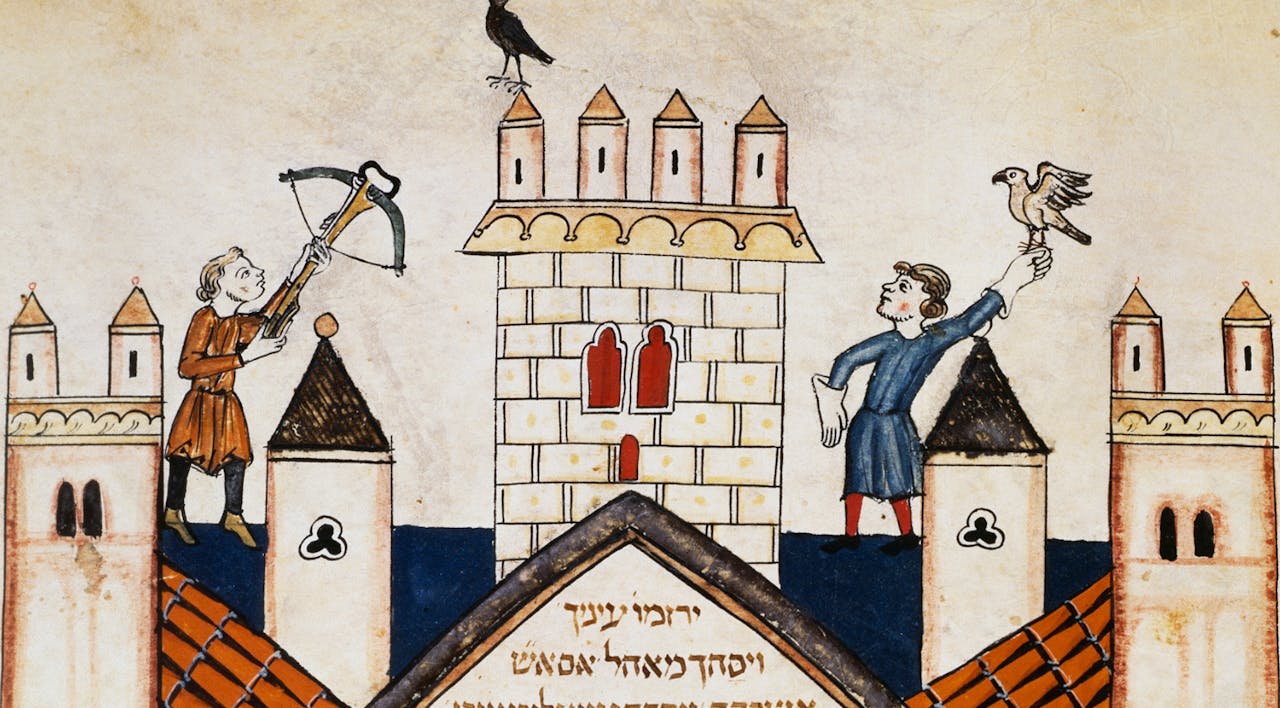
January 2017
Is the Torah a Work of Philosophy?
As the latest attempt to draw universal ethical principles from the Bible shows, philosophical investigation of its text offers the prospect of great rewards—and grave dangers.
“At the age of sixty-nine, when most people adopt an easygoing way of life, I have a chip on my shoulder.”
Thus declares Kenneth Seeskin, a distinguished historian of Jewish philosophy at Northwestern University, at the start of his lucid and instructive new book, Thinking about the Torah. The “chip” derives from Seeskin’s realization that the religion he has practiced all his life turns out to have been misunderstood, not least by his fellow Jews. Contrary to a familiar notion, it is not the case that Judaism is a religion more of deed than of creed, or, in his words, “more concerned with what a person does . . . than with what she thinks.” That being so, Seeskin wants to refocus attention on the “reflective component” in Judaism—more specifically, on the knotty philosophical issues that the Torah, in his view, inevitably raises. The purpose is “to show that Judaism and its Torah are concerned with how we think.”
In choosing philosophy as the lens through which to view the Torah, Seeskin stands in a venerable tradition, one that has generated notable figures throughout the history of philosophy itself. The earliest of note was Philo of Alexandria, who, about 2,000 years ago, applied his formidable education in the Hellenistic philosophy of the times to the interpretation of the Torah, showing—or attempting to show—how the holiest book of the Jews had already testified to the truths associated with Plato, Aristotle, and the Stoics and how philosophy, in turn, could help his readers plumb the spiritual depths of the Book of Books. A millennium later, working in the heyday of the intellectually fertile Islamic-Jewish symbiosis of the Middle Ages, Moses Maimonides did something similar, arguing vigorously that the Torah must be interpreted in light of the physics and metaphysics of his time and not according to the primitive anthropomorphism and mythological conceits of the age in which it was written. In the early modern period, Baruch Spinoza, breaking with the Jewish religious tradition and anticipating the historical-critical study of the Bible, focused on its human authors and insisted that tradition—Jewish or Christian—had no jurisdiction over the meaning of the text. “The rule for [biblical] interpretation,” he announced, “should be nothing but the natural light of reason which is common to all—not any supernatural light nor any external authority.”
Responses to January ’s Essay
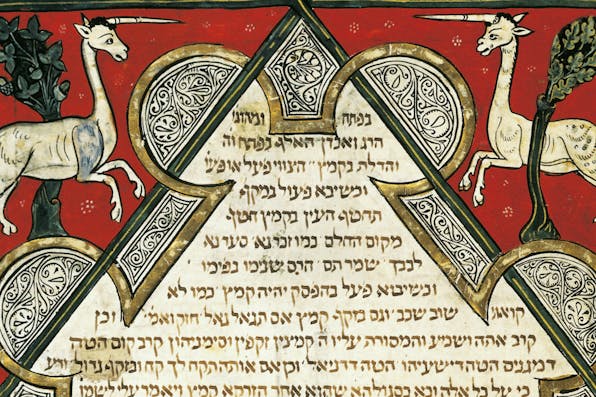
January 2017
The Chasm That Separates Modern Readers from the World of the Biblical Text
By Joshua Berman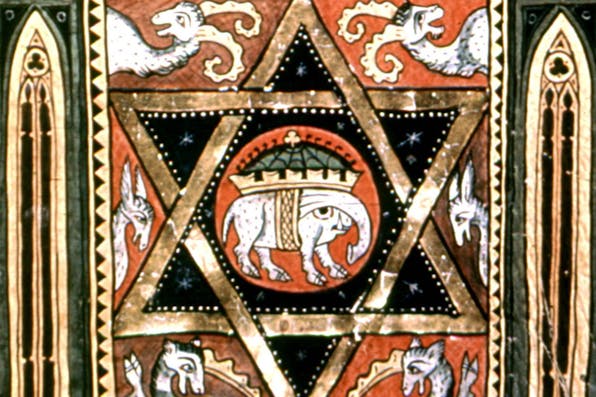
January 2017
Does the Bible Contradict Itself? Very Well Then, It Contradicts Itself
By R. R. Reno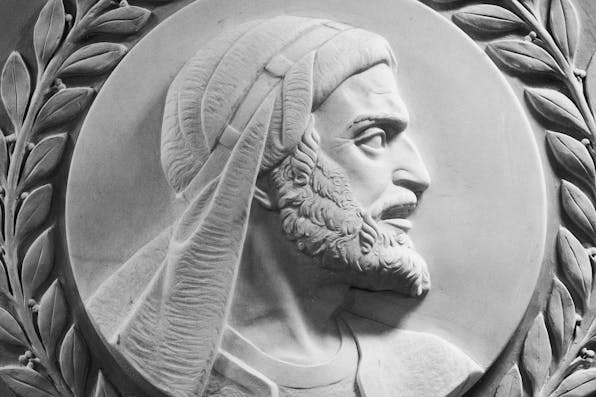
January 2017
The Difference between a Biblical Scholar and a Philosopher
By James A. Diamond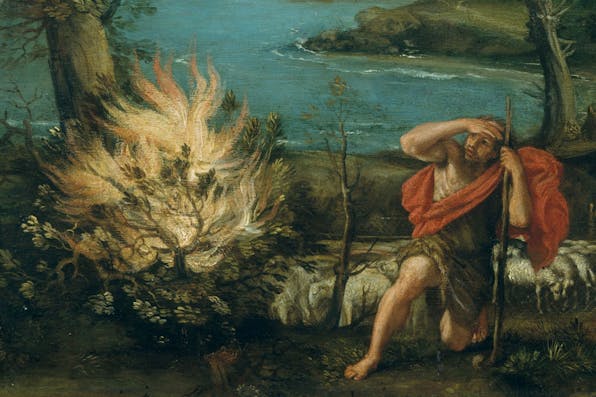
January 2017
The Inescapable Personhood of God
By Jon D. Levenson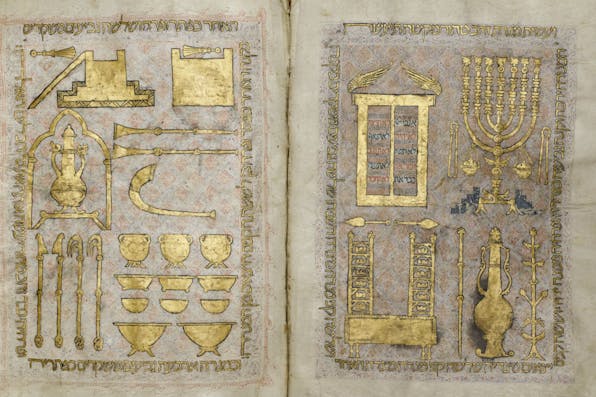
January 2017
“Is the Torah a Work of Philosophy?” An Exchange
By Kenneth R. Seeskin, Jon D. Levenson